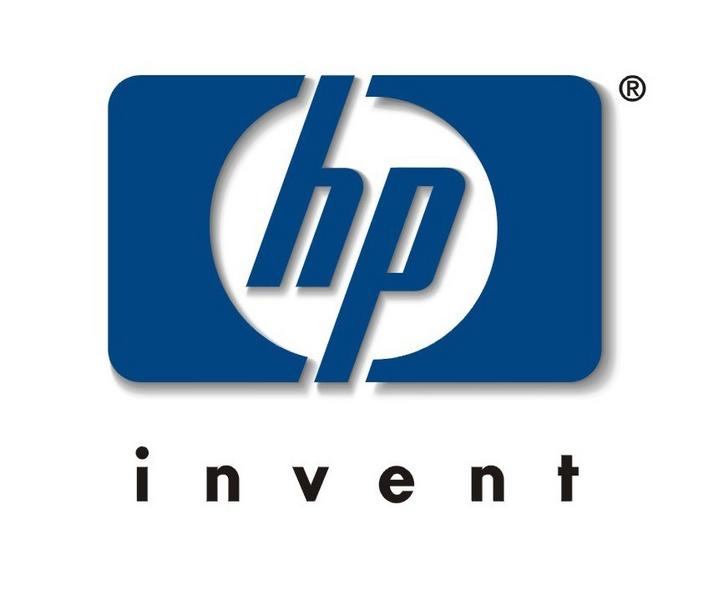Drug delivery with HP inkjet technology
Licensing agreement means Irish firm Crospon will develop high-tech drug delivery patches based on HP Labs research.


A licensing deal between HP and Irish medical firm Crospon could see smart drug delivery patches developed off the back of inkjet technologies, the firms announced today.
The high-tech patch uses tiny needles to dosages below the surface of the skin, rather than through the skin, like stop-smoking patches.
"It's a novel technology for delivery of therapeutic agents into skin, thereby bypassing gastrointestinal tract or obviating the need for hypodermic injections," said Charlie Chapman, director of intellectual property (IP) licensing at HP. "Here, we're penetrating skin, but not to the depth of pain receptors."
The drug delivery system is based on HP Labs' work in microfluids. The potential device uses arrays of tightly packed heater elements to trigger the needles in a way similar to an inkjet printer. "It's the exact same process, inverted," Chapman said. "Instead of a nozzle, there's a needle."
Individually addressable reservoirs could help create more consistent time release delivery or allow a combination of therapies at once. It could be useful in chronotherapy such as fertility treatments, by delivering hormones in a way that mimics natural cycles, Chapman added.
Each patch could have 100,000 needles per square inch, with each needle having its own reservoir of the drug and individual programme for delivery. Potentially, the patch could feature a microchip to check blood levels or another aspect, which would in turn trigger the drug's release.
The licensing agreement means Crospon will use their expertise to further develop and then commercialise the patch, and pay HP royalty payments.
Get the ITPro daily newsletter
Sign up today and you will receive a free copy of our Future Focus 2025 report - the leading guidance on AI, cybersecurity and other IT challenges as per 700+ senior executives
"A lot of our technology has subsequent uses in areas outside of core interests of HP... It' s a new model to bring to bear in IP space, by giving small companies and startups access to our technologies," said Chapman. "We'll see more deals or even companies built around a technology."
The Irish company will finish the design based on the base technology HP provided. Chapman said this will help the technology grow correctly, as Crospon have a better idea what different requirements are needed in the healthcare sector. "Crospon is better situated than HP to get through regulatory approval processes," he added.
The technology is expected to take some years to finish development, Chapman said.
Freelance journalist Nicole Kobie first started writing for ITPro in 2007, with bylines in New Scientist, Wired, PC Pro and many more.
Nicole the author of a book about the history of technology, The Long History of the Future.
-
 AI is helping bad bots take over the internet
AI is helping bad bots take over the internetNews Automated bot traffic has surpassed human activity for the first time in a decade, according to Imperva
By Bobby Hellard
-
 Two years on from its Series B round, Hack the Box is targeting further growth
Two years on from its Series B round, Hack the Box is targeting further growthNews Hack the Box has grown significantly in the last two years, and it shows no signs of slowing down
By Ross Kelly